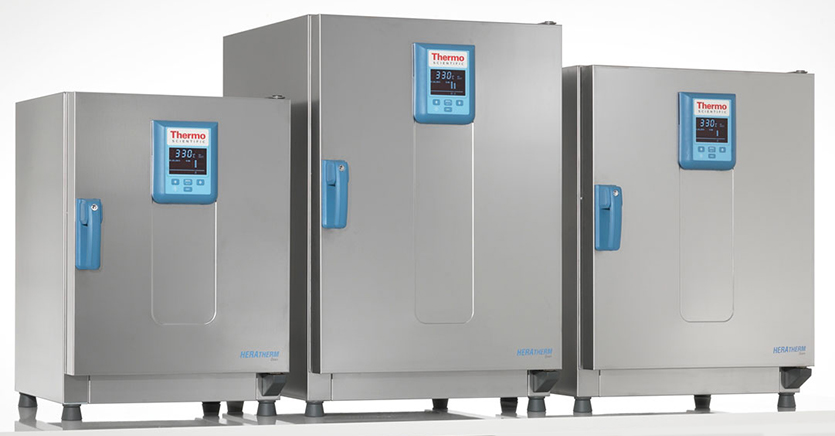Laboratory equipment plays a crucial role in scientific research and experimentation. These tools, from the drying oven to incubators, are essential for conducting accurate and reliable experiments. However, with a wide range of available options, choosing the right laboratory equipment can take time and effort. And this buyer’s guide will explore the essential laboratory equipment needed for various research applications, focusing specifically on ovens. So, whether you’re setting up a new lab or upgrading your existing equipment, this guide will provide valuable insights to help you make an informed decision.
Understanding Laboratory Ovens
Laboratory ovens are versatile equipment for various applications such as drying, sterilising, curing, and thermal testing. These ovens maintain precise temperature and humidity control, ensuring consistent and reproducible results. And when selecting a laboratory oven, consider the following factors:
- Temperature Range: Different experiments require specific temperature ranges. So, ensure the oven you choose can reach and maintain the desired temperature range for your applications.
- Capacity and Size: Consider the size and capacity of the oven, keeping in mind the space available in your laboratory and the volume of samples you need to process. As such, choose an oven that accommodates your current needs while allowing room for expansion.
- Heating Technology: Laboratory ovens utilise different heating technologies, such as convection or forced air circulation. And to ensure that your research needs are met, it is important to consider the benefits and drawbacks of each technology and select the most appropriate option.
Types of Laboratory Ovens
Laboratory ovens come in various types, each designed for specific applications. Here are a few commonly used types:
- Gravity Convection Ovens: These ovens use natural convection currents to circulate heat. They are ideal for gentle heating and drying applications that do not require rapid temperature changes.
- Forced Air Ovens: Forced air ovens use a fan to circulate heated air uniformly, resulting in faster and more even heat distribution. They are suitable for applications requiring precise temperature control and rapid heat-up times.
- Vacuum Ovens: Vacuum ovens operate under reduced pressure, allowing for the removal of moisture and volatile substances from heat-sensitive samples. They are commonly used in drying, curing, and de-gassing processes.
Essential Features and Considerations
When purchasing a laboratory oven, certain features and considerations can enhance its functionality and performance, such as:
- Temperature Control and Uniformity: Ensure the oven provides accurate temperature control and uniformity across the chamber. This is critical for obtaining reliable and consistent results.
- Safety Features: Look for safety features like over-temperature protection, alarms, and automatic shutdown systems to safeguard your samples and prevent accidents.
- Durability and Construction: Invest in a laboratory oven made from high-quality materials that can withstand rigorous use and maintain optimal performance over time.
- Ease of Use and Maintenance: Consider ovens that offer user-friendly interfaces, intuitive controls, and easy-to-clean surfaces. This will save you time and effort in operating and maintaining the equipment.
Choosing a Reputable Supplier
Choosing a reputable supplier is essential to ensure you invest in reliable laboratory equipment. So, look for a supplier with a track record of delivering high-quality products, excellent customer service, and after-sales support. Check customer reviews and testimonials to gauge their reputation in the industry.
The right laboratory equipment is essential for accurate and efficient scientific research. By considering factors like temperature range, size, heating technology, and essential features, you can make an informed decision when purchasing a drying oven. Also, remember to choose a supplier with a solid reputation to ensure the quality and reliability of your equipment. As such, navigate the market and find the essential laboratory equipment that meets your research needs.
